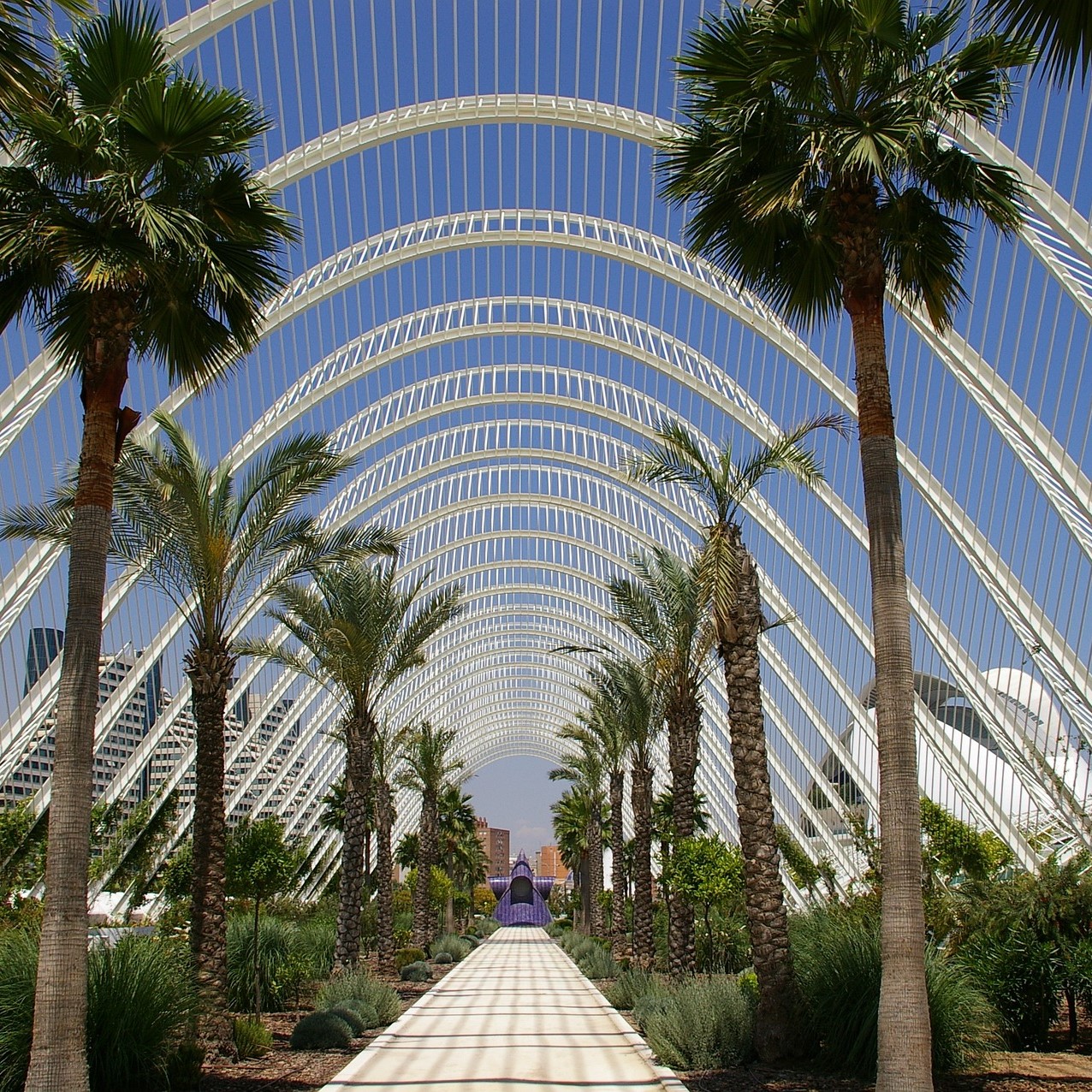Across the EU, startups, small companies or projects at the intersection of design and technological innovation are on the rise. Despite the fact that networking and finding others with similar visions out there seems to be easier in the digital age, the EU fosters multisectoral thinking and internationalisation of small and medium-sized enterprises (SME) in a number of ways.
For our collaboration with anima by Loreto, we successfully applied for the WORTH Partnership Project grant in 2020. This project is part of the EU’s COSME programme, which aims at supporting SMEs by providing mentoring, entrepreneurship education, as well as access to markets and financial instruments. The grant is dedicated to reinforcing transnational collaborations across the lifestyle industry with a financial boost and thus making partnerships more feasible. Connecting designers and creatives with manufacturers are key to pushing innovation forward and remain relevant in a highly competitive market. Creativity and innovation will bring us not only one step closer to the future, but also help tackle some greater environmental and social issues. To thrive in both, collaboration is essential.
Karin and Loreto ventured to Valencia early March 2020 to participate in the selection process of the WORTH Partnership Project. The event was held at the City of Arts and Sciences, designed by the famous Spanish architect Santiago Calatrava. A fitting location for combining creativity and technology. Both were not only sharing an apartment but also getting to know each other better and aligning their goals. The journey ended up not only a success of being accepted to the WORTH Partnership Project but emerging in Valencian culture and cuisine.
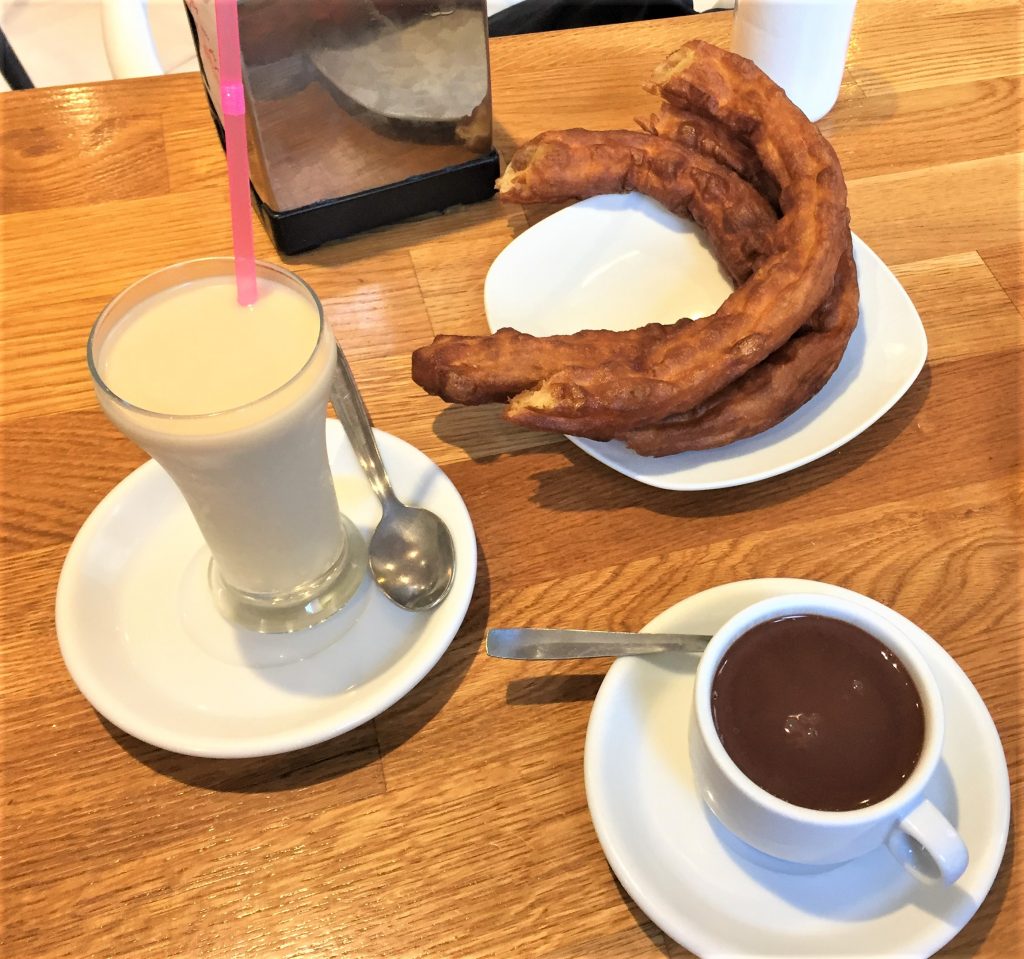
We asked Karin and Loreto a few questions on their transdisciplinary collaboration and where they stand on innovation and sustainability.
How would you define creativity and innovation?
Loreto:
Innovation IS creativity. Without creativity, there cannot be innovation. Creativity is developing and working on ideas that arise and seeing where they lead you. To innovate means to create something new, therefore creativity is key to innovation.
Karin:
Creativity is the freedom to think out of the box, in the absence of constraints. This is not limited to technological constraints but we can take it as an example: Innovation is the overcoming of technological constraints.
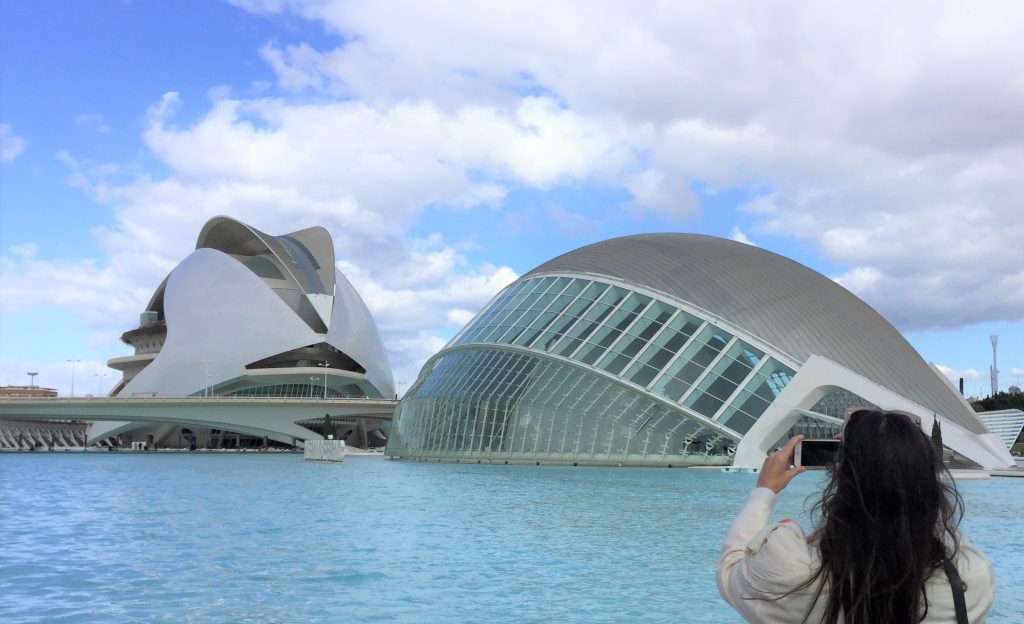
How can this collaboration be nurturing for your own work?
Karin:
I like to see our work through the eyes of Loreto and understand what she really wants to achieve. I believe Loreto can share insight into what a new generation of designers has to face and what their challenges are. Similarly, we can answer a lot of questions that Loreto has on manufacturing. We can explain the chemistry and biotechnology behind what we do with all its pros and cons.
Loreto:
For me, this is one of the most nurturing collaborations I’ve had since I started my brand. It’s incredible to be able to work with such an amazing team and having them teach me so much about these new and innovative processes. I’ve learnt so much about how living organisms grow and how they can help us work towards a more sustainable future in the fashion industry. As an artist and designer, I also love the co-creation process, of understanding the chemical and biotechnology processes as Karin mentioned. This collaboration has opened up a whole new world of possibilities for me and I know that I will keep learning from it.
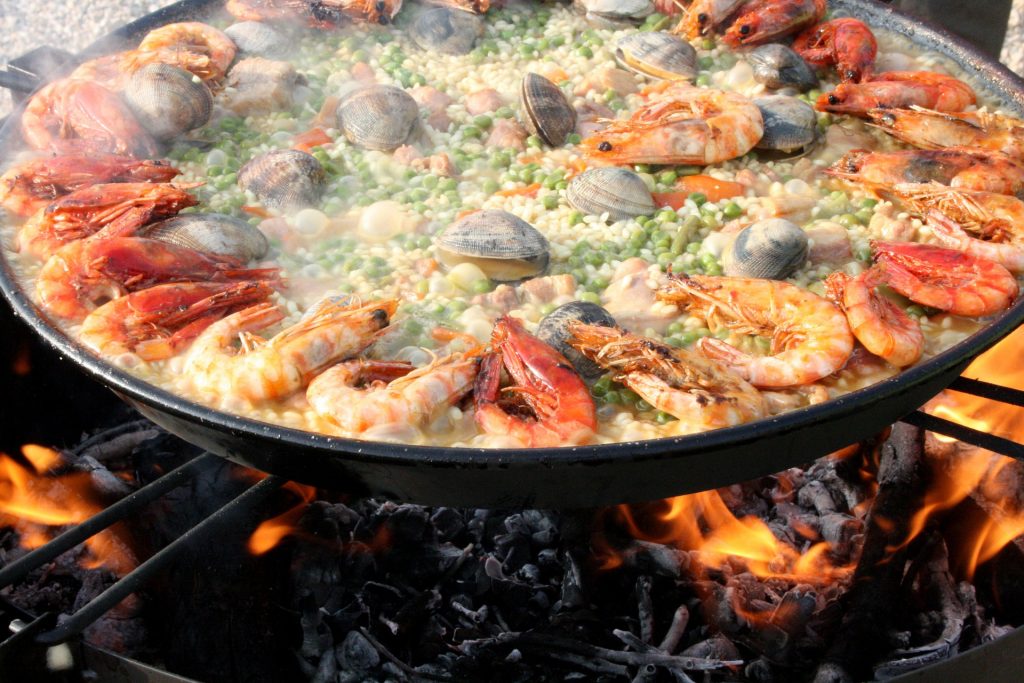
Sustainability is at the core of what you do both. Why is this topic so important to you personally?
Loreto:
I care deeply about nature and the living beings that inhabit our planet. I am from Chile and there we have some of the most incredible natural habitats in the world. I grew up enjoying the beauty of the Pacific Ocean and the forests of the south. When I started to realise how we are treating our planet and all the horrible things we do to it in the name of „economy“ I decided that my work needed to be aligned with my values.
Karin:
As a chemist, you always want to know what things are made of or whether you can produce them differently. I also believe that each individual has to contribute to sustainability and it is not a question of why. Understanding the irreversible effects of humans on the planet requires us to do so. It is not an option but a duty. We cannot consume and ignore the fact that there is an impact on everything we do.

What kind of changes in the fashion industry would you like to see in the next five years?
Karin:
I would like to see a change in the fashion industry towards honesty, meaning being transparent about materials and processes. Most importantly, I would like to see a shift away from mass manufacturing and fast fashion and towards the 3 Rs: reuse, recycle and reduce. Apart from all that, production should also move closer to the end consumer’s location.
Loreto:
I think we all know what the fashion industry needs to do. There is a lack of ethics and sustainability within the entire industry. Transparency, traceability and responsibility are key to this. That said, there is no use in having transparency if companies and consumers don’t care about the people that manufacture their clothes and the way the environment is treated. Consumers and brands are all aware of the costs of their clothes by now, they just choose to look away. Sadly, I think there will need to be more governmental regulations to achieve these goals, as the fashion business model is flawed and still holds profit over social and environmental exploitation.
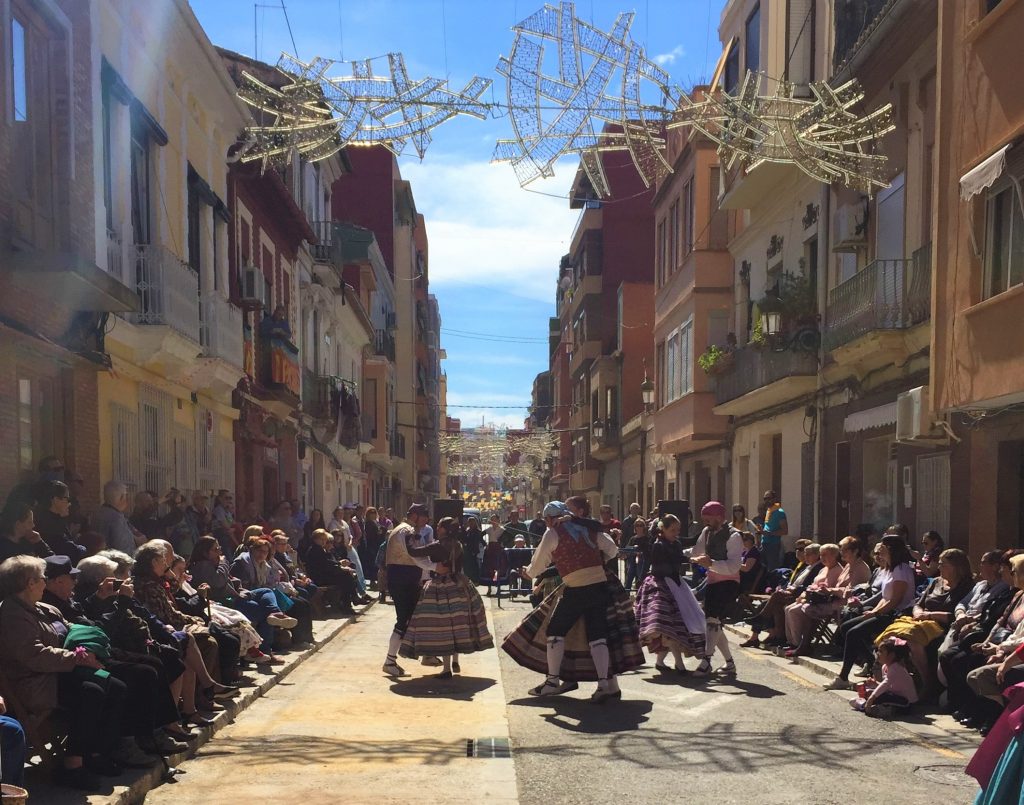
Learn more about the WORTH Partnership Project!

